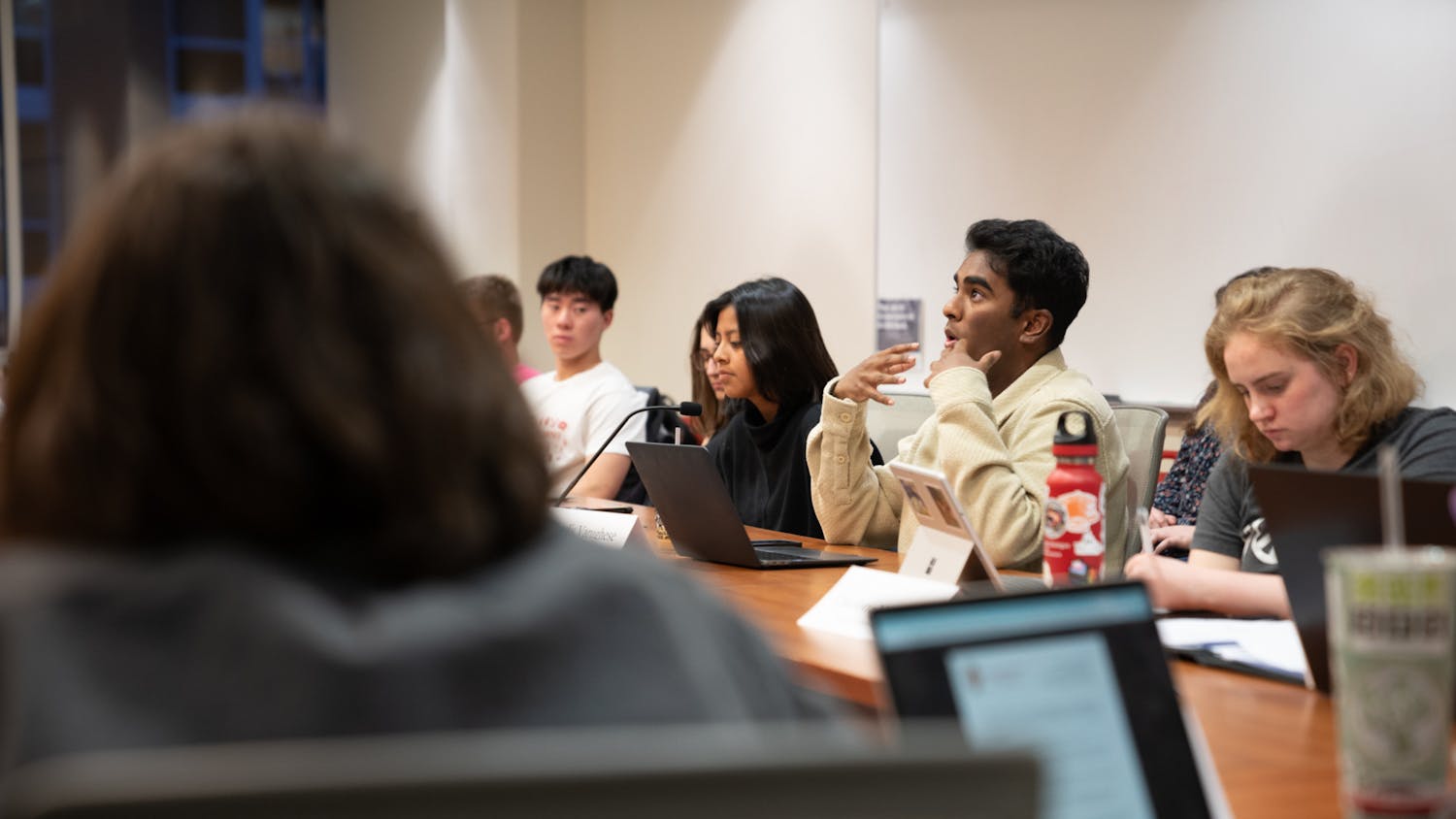To say that the college transition is a sharp adjustment is an understatement. Whether you move to a four-year university close to home or across the country, the years that follow high school introduce unfamiliar and arduous new challenges for students to navigate.
Unlike the educational experiences of past decades, students have now attempted to face these same challenges amidst a once-in-a-century pandemic. Subsequently, the economic and social disruption across university campuses from COVID-19 has been devastating to say the least. Although, there is another disease among us, one we too often choose to ignore.
Colleges and universities across the country are facing huge increases in the number of students who need mental health care. This growing demand has left many schools unprepared to support their students in need. The top schools in the nation dumped millions of dollars into COVID-19 mitigation efforts. Subsequently, many of these institutions invested heavily in mandatory testing.
However, given the financial strain presented by the pandemic, the prevalence of mental health issues seems to be outpacing the number of students finding and receiving support. While this existent disparity is not completely at the fault of universities, this is not a singular spike of a nationwide mental health concern. Rather, it is a continuous and disturbing trend.
Pre-pandemic data shows that approximately 100 U.S. college students die by suicide each month. Apart from this, 73% of students reported they experienced some sort of mental health crisis during college prior to the pandemic. Although the data found during the pandemic is more difficult to quantify, it is well known that the issue of mental health is an ever-growing one.
A national survey of college students in 2020 found that nearly 40% of participants experienced depression. One in three reported having had anxiety, and one in seven said they thought about suicide in the past year. It doesn’t stop there, but why is this becoming so much worse if it’s being recognized?
If this information wasn’t startling enough, the American Psychological Association reported that, on college campuses, the ratio of certified counselors to students overall is about 1:1,000 – 2,000 for small to moderate size schools and 1:2,000 – 3,500 for large universities.
Furthermore, many students don’t even know where to find counseling or psychiatric services on their campuses. With limited clinical services, poor student insurance plans and minimal knowledge about how and where to get help, the barriers to care remain, and the cry for help continues to grow.
Even as our country sees a downturn in the consequences of the pandemic, students are fighting a new pandemic with no backup support.
Despite the collective decline in mental health stigma over recent years, we still find those who are unaware of the truly imperative correlation between one’s mental stability and their social, psychological and emotional wellbeing. More prominently, someone’s ability to produce constructive behaviors, thoughts and emotional responses can be severely hindered by poor mental stability.
Mental health is a crucial determinant in a student’s productivity, personable communication and relationship connections and daily academic practices. Nurturing one’s mental health isn’t only applicable to our daily functions, but also to our physical health. For example, research tells us that heart disease is related to stress, which is an effect of many different mental health conditions. So, in turn, managing stress may have a positive outcome on heart disease.
For most, juggling the challenges of independence, social expectations, financial uncertainty, time management and the adaptation to an unfamiliar environment is stressful enough. It all comes very quickly, and usually with time those challenges are replaced with new ones. While battling these personal trials outside of the classroom, students do not escape the unnerving reality of their mental health issues within their schoolwork.
Mental disorders, such as depression and anxiety, often affect memory and concentration, which makes it more difficult to acquire new knowledge and cope with examination situations. In simpler terms, struggles with any sort of mental health issue will more than likely hinder a student’s academic performance — even if this student finds the motivation to make it to every class and complete every assignment. This translates to the reinforced perception of hopelessness and inadequacy, and in many cases it will sustain those issues into an aggressive cycle. It is not a coincidence that these are connected — anecdotal data from all over proves this cycle time and time again.
So this begs the question, what do we do about this? With any issue, recognizing the causes and educating the population on prevention is the most reliable approach. The need for established educational platforms to promote mental health education and early intervention is greater than ever. Taking the initiative to spread necessary awareness and information could be vital to our efforts to mitigate the rise of the mental health crisis on college campuses. Not only is the prevention of this wave necessary, but so are the resources to lessen the severity of such issues.
There is no simple path, but there is a simple answer: increase access to mental health resources. This generation must be proactive in its efforts to urge college administrators to modify the system, but above all, we need to promote the normality of mental health struggles.
As students, peers and humans there is no mental health issue that someone else does not share. Conquering the stigma and supporting those who are open about their struggles is absolutely imperative to the direction of this conversation. With any recurrent issue, change is the only option in the pursuit of solution. Whether financial, socially reconstructed or collectively encouraged, this is what is necessary. This movement could save lives while transforming campus culture for the better, so why not commit to it?
Luke Pierce is a Junior studying Political Science and Journalism. Do you agree mental health is a problem plaguing our society and college campuses? Send all comments to opinion@dailycardinal.com






